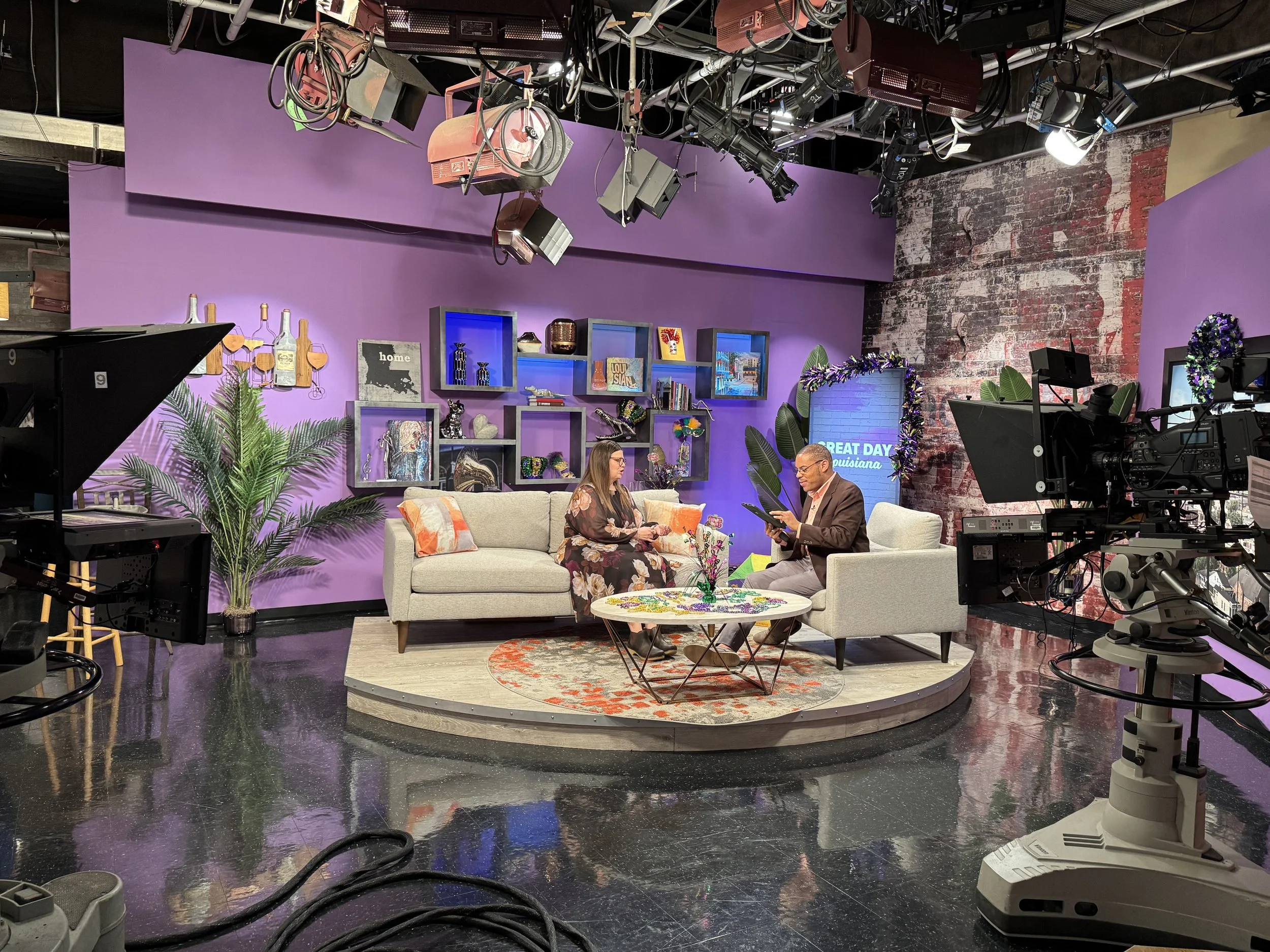How Active Listening Can Strengthen Your Relationships and Boost Your Confidence
Let’s be honest—most of us think we’re good listeners. But when someone starts talking, are you truly listening… or are you just waiting for your turn to speak?
It’s okay if your answer makes you cringe a little. You’re not alone! The truth is, most people struggle to actively listen—even though we deeply want others to listen to us.
The good news? Active listening is a skill. And like any skill, it can be practiced and strengthened over time. When you do, it has the power to transform your relationships, build your confidence, and help you make better decisions in every area of life.
So What Is Active Listening, Really? Active listening is more than just hearing someone’s words—it’s listening with the intent to understand. It means setting aside your own thoughts, distractions, and comeback statements long enough to really tune in to what the other person is trying to say.
When someone is talking and we’re on our phones, glancing at our watch, or mentally scripting our response… we’re missing it. We’re missing them. And that person walks away feeling unheard and maybe even unseen.
But when we pause and really listen, something powerful happens: trust grows. Understanding grows. And so do our relationships.
Here’s what I’ve found to be true, both personally and professionally:
When people feel heard, they feel valued. And that’s foundational in any relationship—whether it’s with your spouse, your kids, your boss, or your best friend.
When you listen well, you respond more thoughtfully and with greater clarity. That leads to conversations you can feel confident about.
The more you understand people’s needs, the better equipped you are to respond wisely—and not react emotionally.
Want to be a better listener? Here are a few simple ways to start:
Eliminate distractions. Silence your phone. Close your laptop. Turn away from whatever might pull your focus.
Be quick to listen, slow to speak. That doesn’t mean you don’t get to share—it just means the other person gets the floor first.
Don’t interrupt. It’s tempting, especially when you think you know what’s coming. But give the gift of space. You might be surprised by what you learn.
Mirror and clarify. After they’ve shared, reflect back what you heard: “So what I’m hearing is…” or “Can you help me understand?” These simple phrases go a long way in showing you care.
You can also practice the 3 P’s of Active Listening. These three steps have helped me time and time again when I want to be fully present in a conversation:
Pause - Stop what you’re doing and give your full attention. Invite the person to share what’s on their mind.
Ponder - Take a moment to really absorb what they said. Sit with it. Let it settle before rushing to respond. That moment of stillness builds patience and emotional maturity.
Proceed - Now you’re ready to move forward—whether it’s offering support, asking a clarifying question, or just letting the other person know they were heard. You don’t have to agree to show that you care.
If you want to hear more about active listening, check out my TV segment on this topic from earlier this year.
Think about your last meaningful conversation—were you truly listening, or were you just waiting to speak? What might change in your relationships if you practiced active listening more often?
Drop a comment or send a message—I’d love to hear your thoughts!


